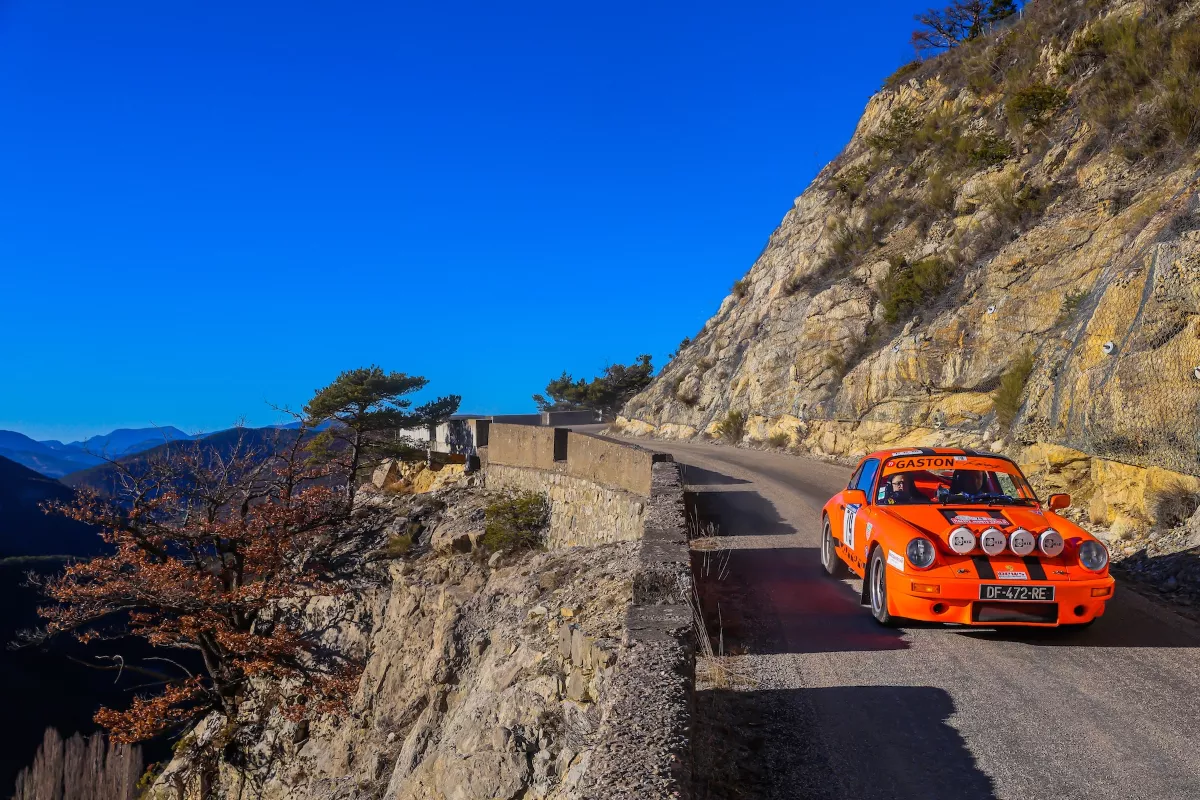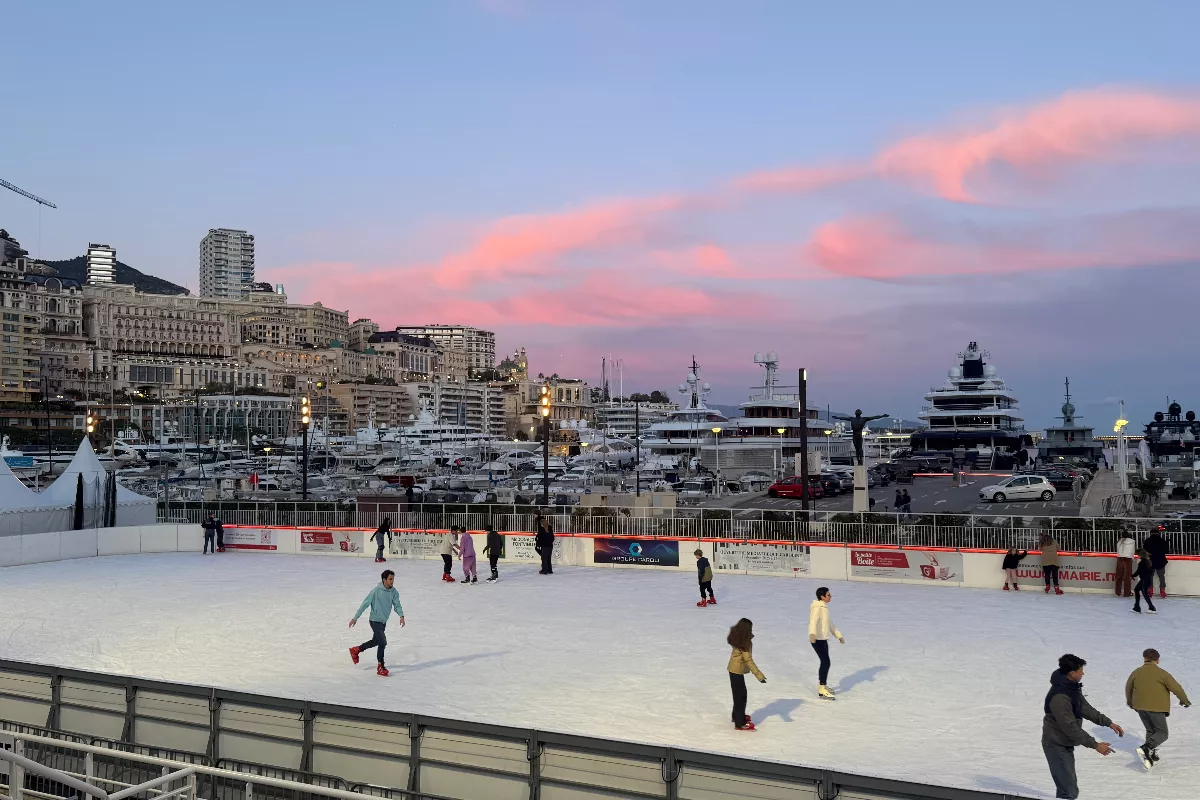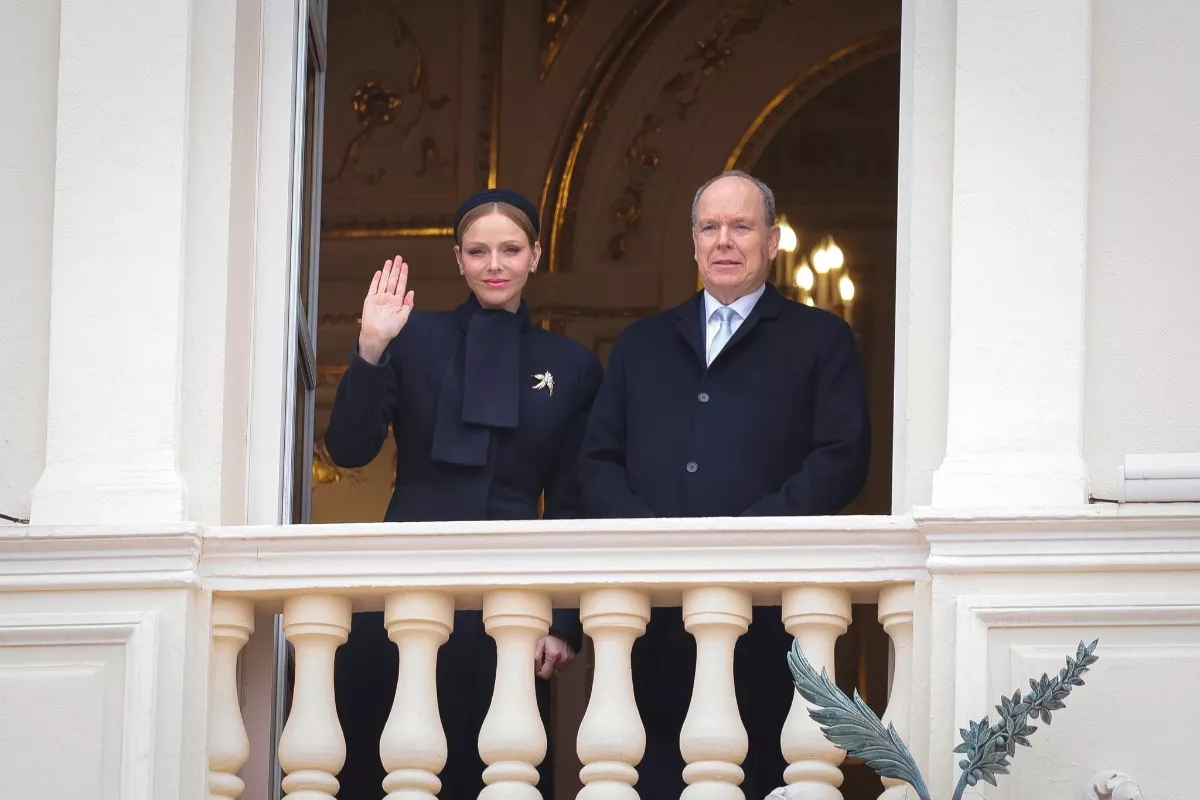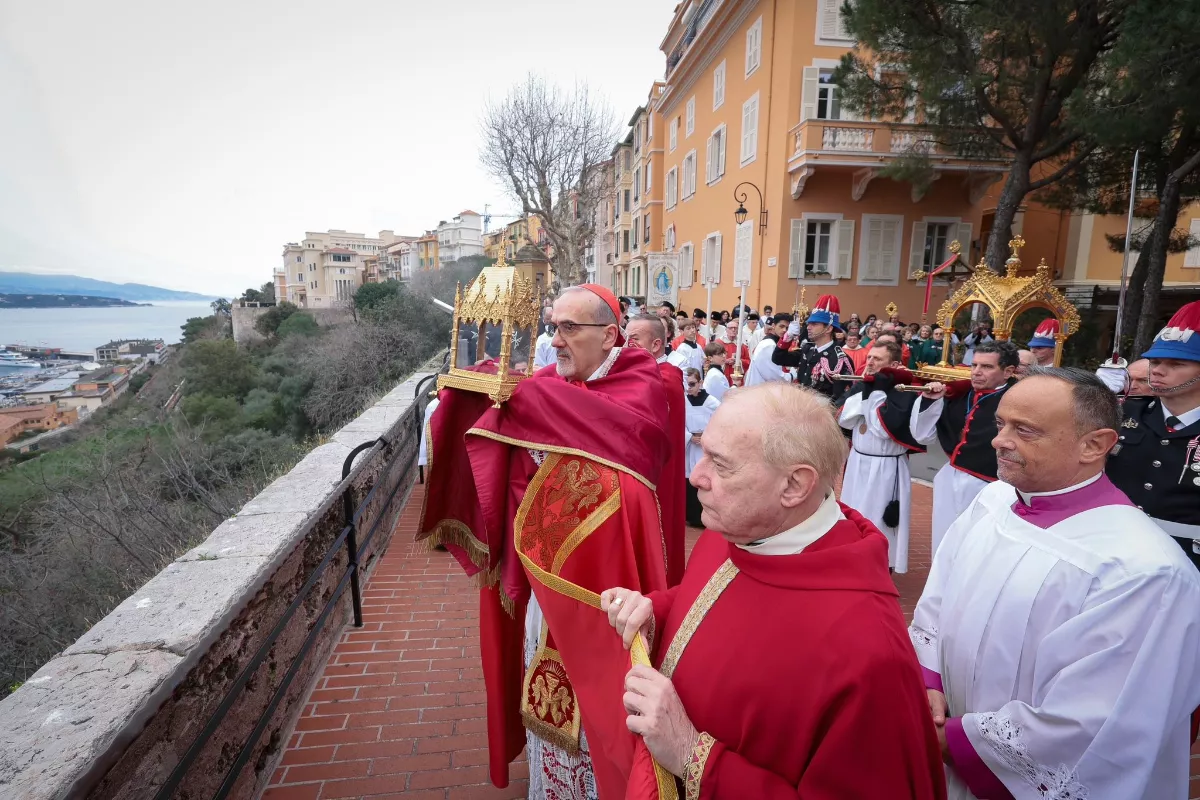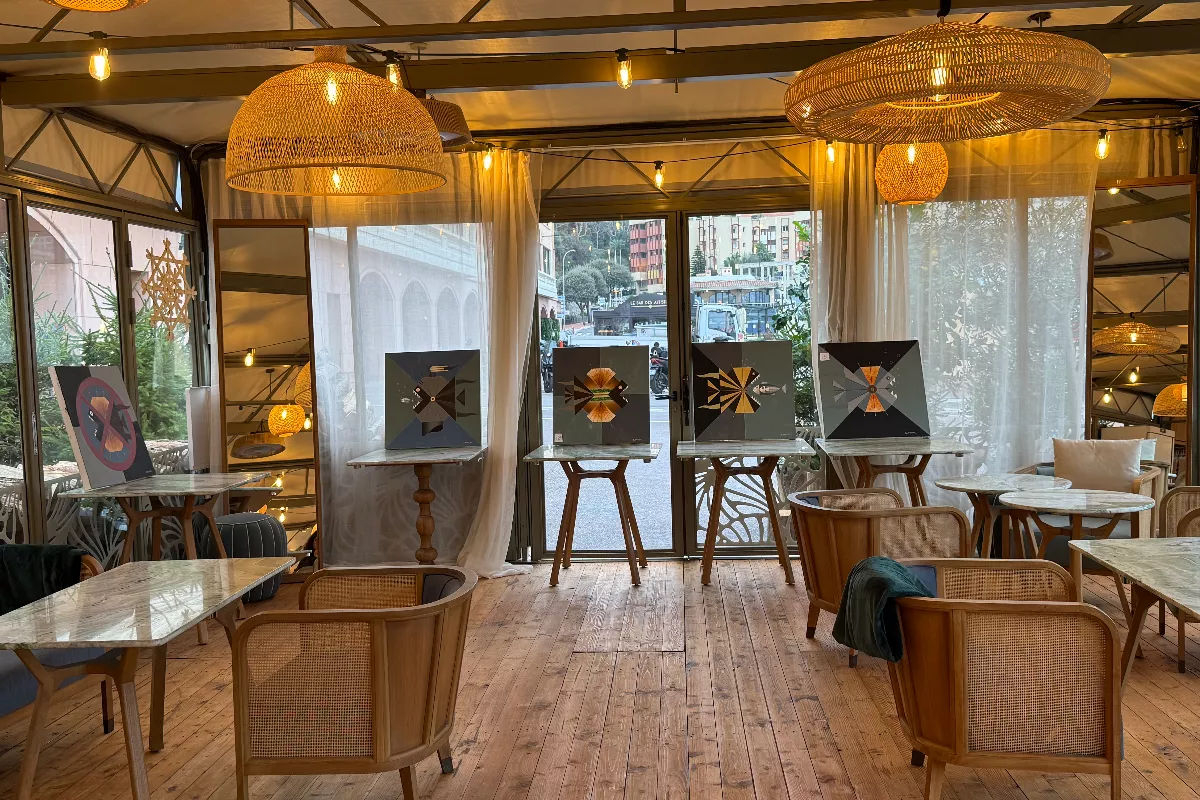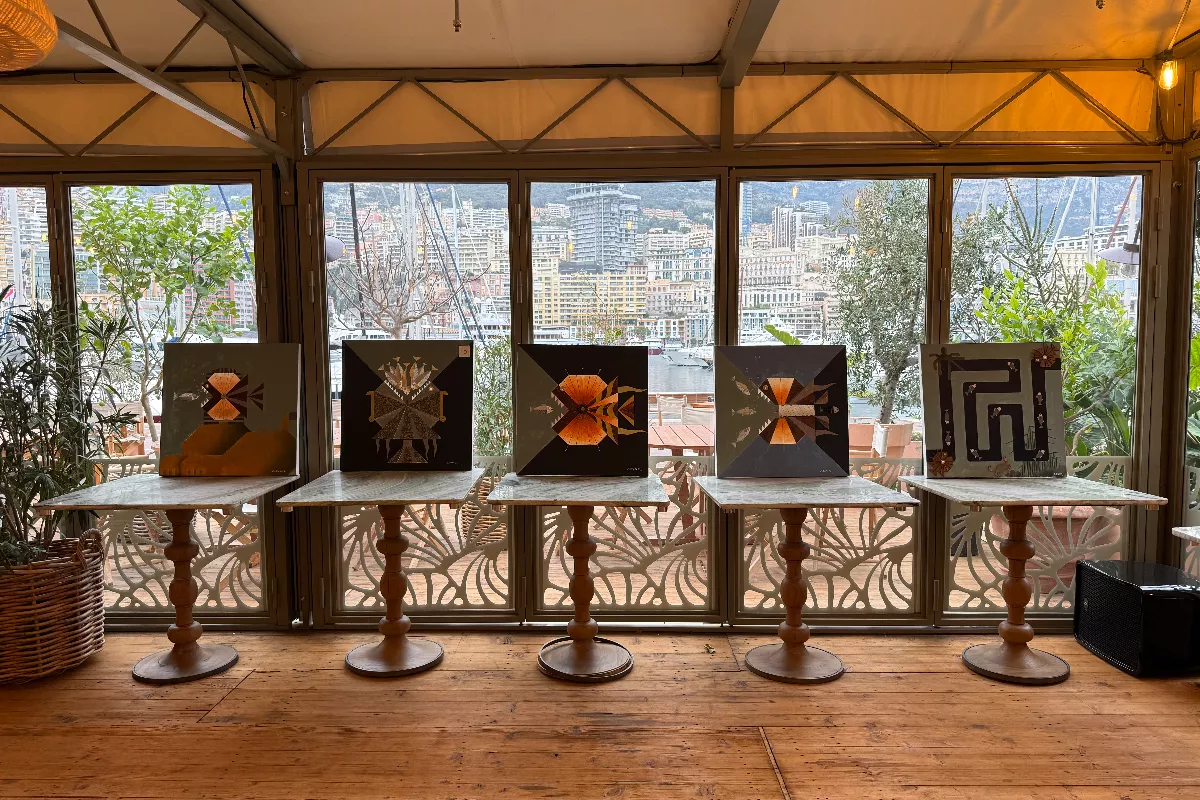Armoured warriors will descend on Monaco next week to offer a unique spectacle of medieval combat at the Chapiteau de Fontvieille.
The ‘Malizia’ tournament is set to take place on Saturday 7th February and will see elite teams from France, Italy and Spain compete in the hard-hitting sport of buhurt, where fighters wear historically accurate armour and battle with blunted weapons in full contact clashes.
Organised by the Order of Magna Carta, the event will feature seven-versus-seven matches, with each squad fielding 12 fighters. Seven warriors will enter the arena while the remaining warriors stand ready as reserves.
Magna Carta is a modern knightly order inspired by the 14th century warrior brotherhoods that were bound by shared values rather than religious devotion. It draws from traditions where warriors competed as unified teams at tournaments before celebrating victories or plotting their next challenge.
Beyond Monaco’s tournament, the organisation brings together more than 25 teams from four continents, all bound by what they call the Great Charter of Liberties: a code that encompasses the values of medieval chivalry including honour, courage, humility and justice.
Modern combat meets medieval tradition
These are not staged performances. They are real competitive battles. Fighters train extensively and deliver genuine strikes, while wearing period-accurate armour. The organisation blends the spectacle and authenticity of historical reenactment with the intensity and athleticism of modern combat sports, focusing on Western European martial traditions from the mid-14th to early 16th centuries.
The Monaco tournament serves as the opening stage for Magna Carta’s 2026 calendar.
Entry to the tournament is completely free, ensuring everyone can enjoy the experience. For those unable to attend in person, the battles will be broadcast live on Magna Carta’s official Youtube channel
Stay updated with Monaco Life: sign up for our free newsletter, catch our podcast on Spotify, and follow us across Facebook, Instagram, LinkedIn, and Tik Tok.
Main photo provided by Magna Carta

